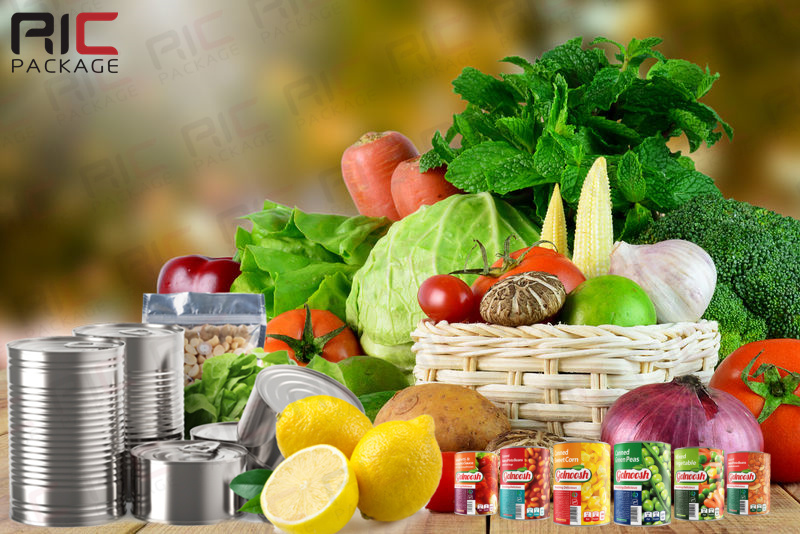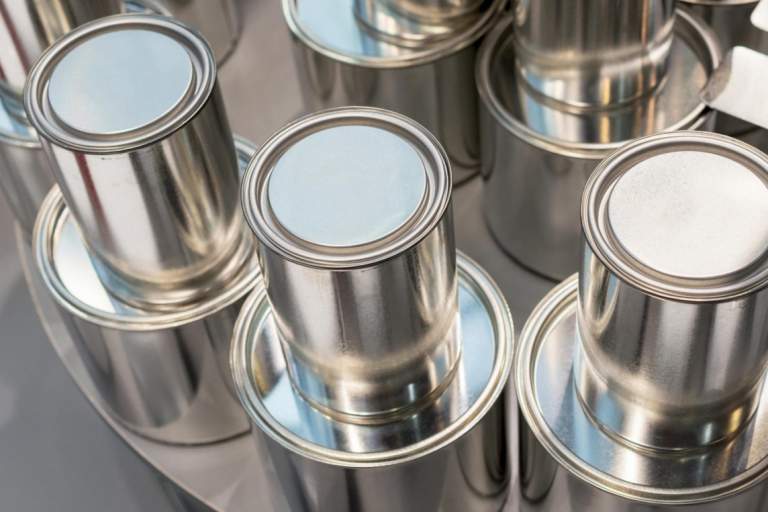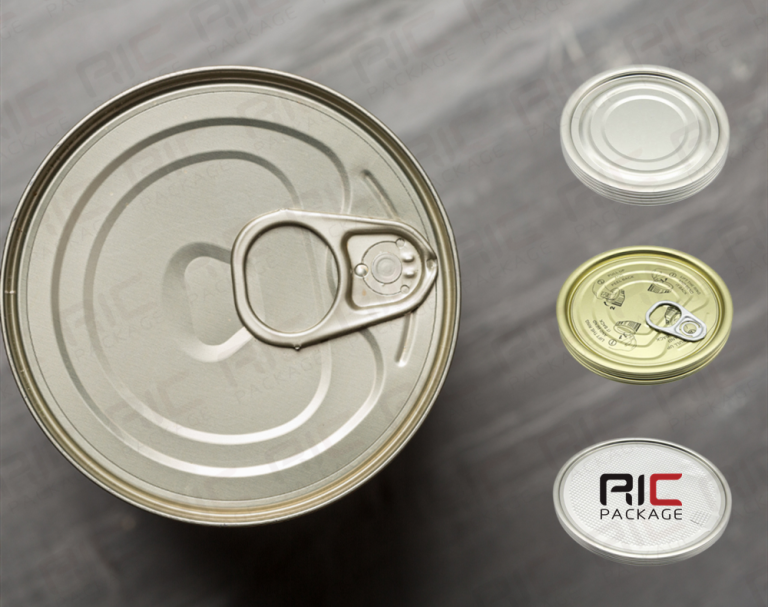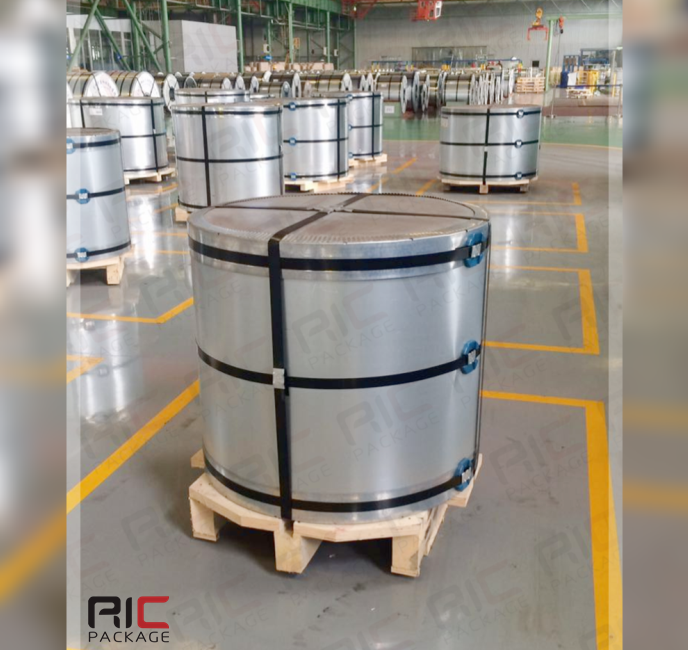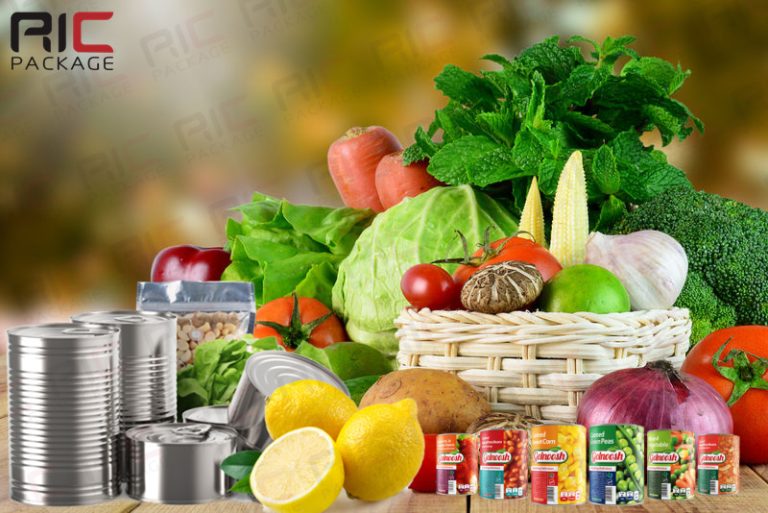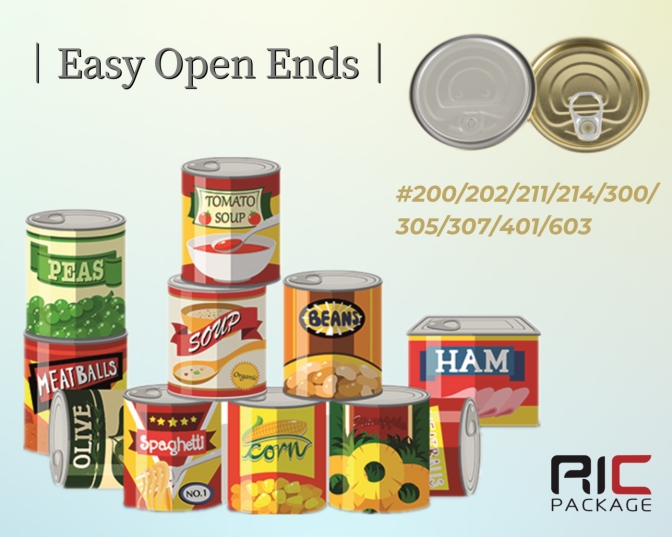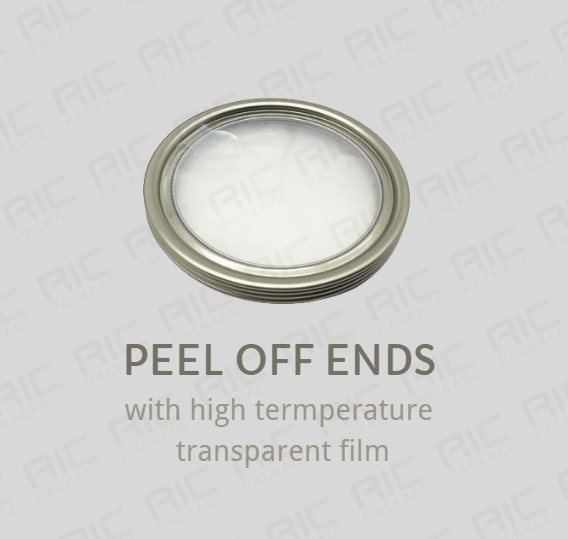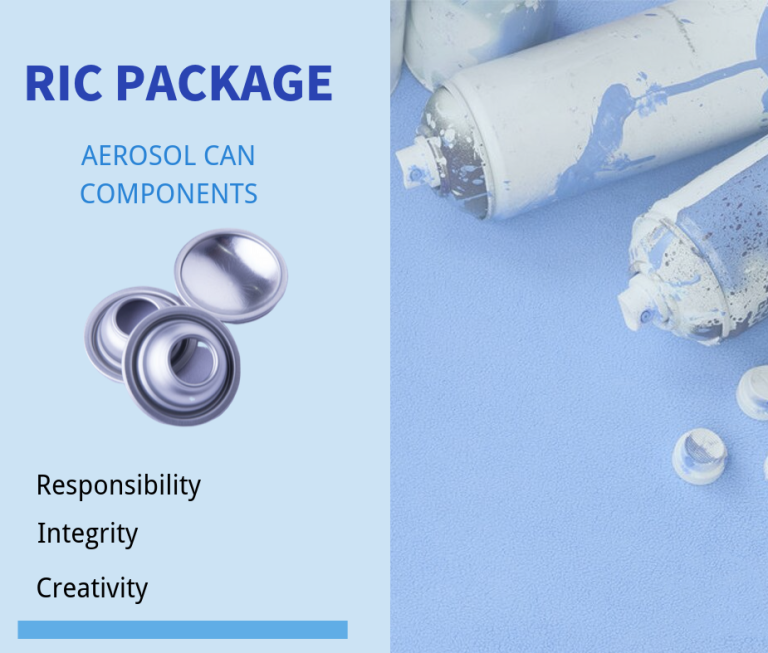- Do canned fruits and vegetables have the same nutrients as fresh or frozen?
Yes! In fact, studies conducted by researchers at Michigan State University, University of California at Davis and Oregon State University all concluded that canned foods have similar (or better) nutritional profiles as their fresh or frozen counterparts. For example, canned tomatoes have more lycopene, which is associated with reducing cancer risk and has more B vitamins than fresh tomatoes. Canning also helps make fiber in certain vegetables, like beans, more soluble and therefore more useful to the human body. - Are canned foods high in sodium and added sugar?
Canned fruits and vegetables boost nutrients, not sodium and sugar. An analysis, published in Nutrients, shows that adults and children who ate 6+ canned food items over two weeks were more likely to meet or exceed their recommended daily allowance for 17 essential nutrients than those who ate 1-2 canned food items over the same two-week period.A safe way, you can buy fruits canned in their own juice and vegetables or beans labeled “low-sodium or” no salt added”. By draining and rinsing your canned produce with water, you can also lower the sodium or sugar content and have a healthful – and inexpensive – solution to balancing your child’s nutritional needs. For example, draining and rinsing canned beans lowers their sodium levels by as much as 41 percent. - Why are fresh and frozen vegetables more expensive than canned?
Many factors play a role in the cost of fresh vegetables, including seasonality, transport and something called edible weight. For example, all the corn in a can is edible, however the cob of a fresh ear of corn is not consumable, yet you still pay for it. The Michigan State University analysis found that in general canned vegetables can be as low as 50 percent of the costs of frozen alternatives and as low as 20 percent of the cost of fresh with virtually no sacrifices in nutritional quality. - How long can canned foods be stored?
After the best use date, it does not mean that it is expired. It is only used within the recommended date which may have a better taste. The shelf life may be 6 or 12 months,the best use date is within 3 months.Carefully label all home canned or commercially canned food containers. We recommend labeling purchase date (month and year) on can lid with marker. Store all canned food in cool, dark, dry space away from furnaces, pipes, and places where temperatures change like un-insulated attics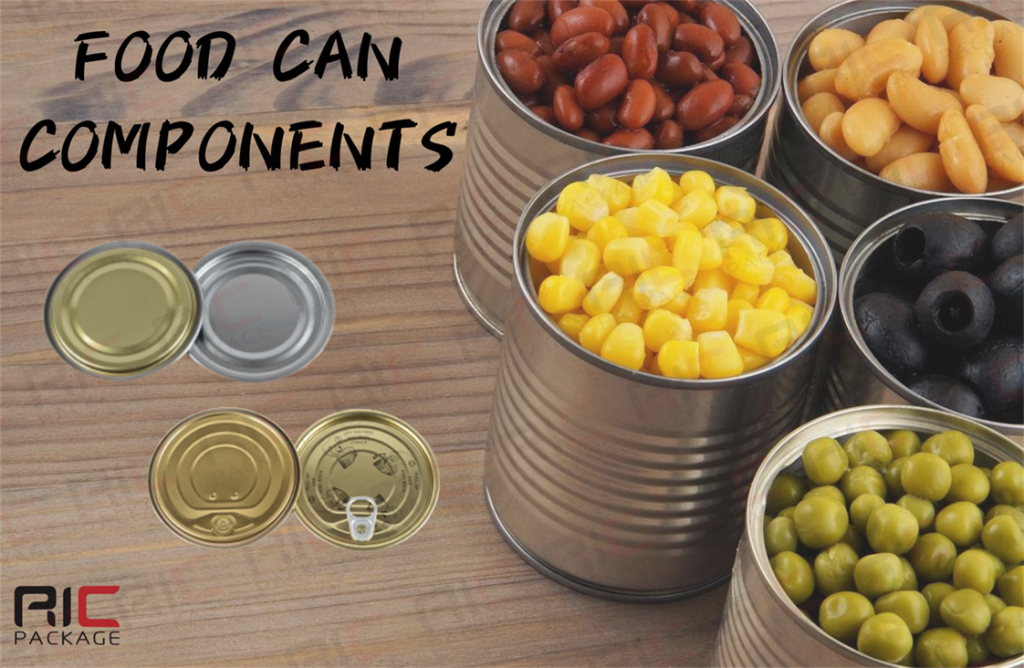
- Are canned foods safe to consume given that Bisphenol A (BPA) is in them?
Yes! The U.S. Food and Drug Administration; World Health Organization; European Food Safety Authority;Health Canada; and other global agencies responsible for food products confirmed that BPA in the marketplace today poses no risk to consumers. BPA lined cans have been effectively safeguarding the global food supply since they were first introduced in the 1960s, without a single incident of foodborne illness associated with canned foods since inception.As is the case when foods are in direct contact with any packaging material, small, measurable amounts of the packaging materials may migrate into food and can be consumed with it. As part of its premarket review of food packaging materials, FDA’s food contact regulations and food contact notification assure that any migration from packaging to food occurs at safe levels. - How do canned foods help reduce waste and costs?
Metal cans are endlessly recyclable making canned foods an environmentally friendly choice. In fact, steel food cans are the most recycled package in world today, with a recycling rate that is more than 2.5 times higher than that of most other packaging options. Cans can be recycled again and again, forever, without loss of strength or quality.
Our company provides quality food cans and can lids to customers all over the world,if any interest, welcome to contact us.
Our website: www.ricpackage.com
Whatsapp: +86 18651987622

